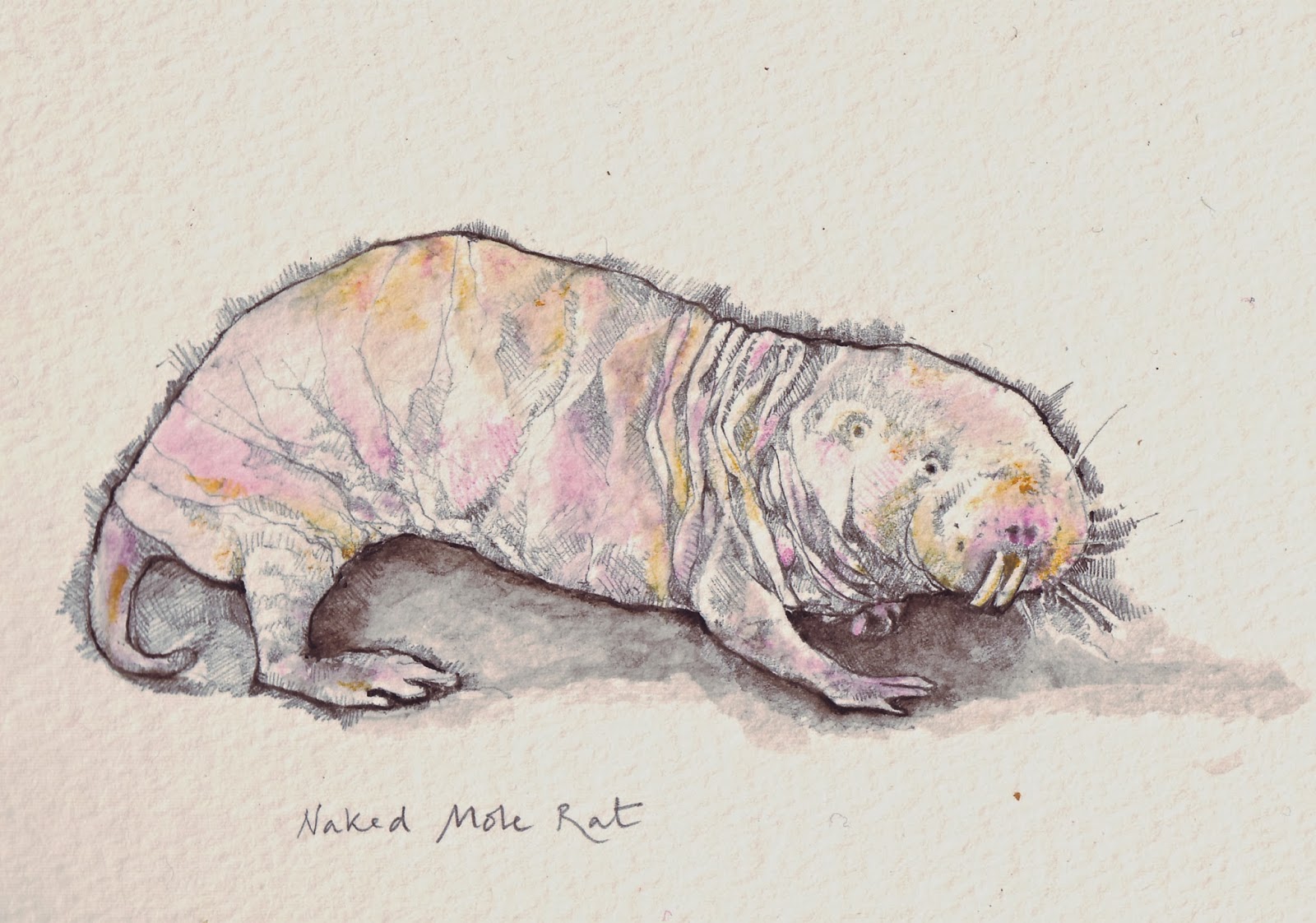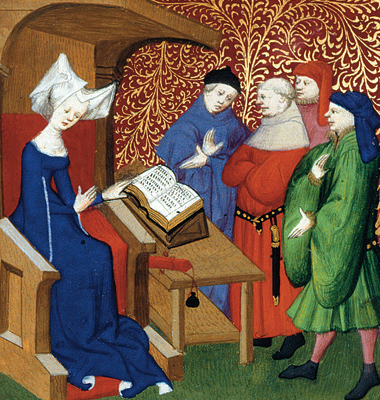CURIOUS CREATURES 3 – The Naked Mole Rat
The strangest creatures are, to me,
The ones I love the best.
The slimy, ugly and the odd
Are cooler than the rest…
When I began this Curious Creatures series for Jump! Mag, I made a list of animals and insects I wanted to cover. I began with the ones I had some sort of connection with and most were animals close to home that I’d seen or heard, which intrigued and inspired me.
But rather impatiently, I’m now going to go a bit further afield and invite you to join me in the strange and extra-extraordinary world of “Curiouser and Curiouser”*Creature number 3…
Great Women You Should Know – Awesome Women of the Middle Ages
What do you think of when you think “medieval”? Women in pointy hats stuck in castles? Damsels in distress waiting to be rescued by knights in shining armour? Think again. Women have been awesome in every age. In Anglo-Saxon England, they had more power than women in the Victorian age.
A Trip to Mars!
Imagine being able to catch a flight to Mars as easily as we travel to another country – that was the idea behind the Trip To Mars session I attended at the Cheltenham Science Festival. It was conducted by Dr Suze Kundu and Dr Simon Foster and presented as a pre-flight safety briefing, with both of them dressed as pilots! There were a lot of humorous moments and sci-fi references but also some great science.
Suze and Simon suggested that in the future, flights to Mars could be far quicker than they are now, and explored how some of the bigger problems could be overcome. For example, the Sun’s magnetic field deflects a significant proportion of the cosmic radiation that could be harmful to humans on Earth; as spaceships travel further away from the Earth and Sun they will have less protection because the magnetic field weakens. To combat this it’s possible that spaceships will contain or be covered with large and powerful magnets, to produce the same deflective effect. This would have the added advantage of also deflecting radiation from solar flares.
Spaceships journeying to Mars would travel at such speed that even tiny fragments of rock and dust could be damaging to the hull. To combat this, and also the heat generated when the spaceship passes through an atmosphere, Suze and Simon discussed the possibility of spaceships being coated in aerogel. This amazing material is a solid formed from silicone dioxide but is 98% air; this means that it is extremely light but also strong. Its melting point is 1,200°C (equivalent to asbestos) and it is a wonderful insulator. Because it consists of large pockets of air between thin layers of silicone dioxide, any dust or rock fragments that hit it would be slowed and stopped before they could penetrate the aerogel completely.
Suze and Simon also discussed the possibilities and problems with cryostasis. Theoretically this is when a person’s body is cooled to temperatures so low that they enter hibernation, ideal for long journeys through space. Unfortunately our technology isn’t advanced enough to do this at the moment; any attempt would result in the cells rupturing and the person dying. But in the future it will be possible, perhaps after the person’s DNA has been altered slightly so that they can produce antifreeze proteins like some species of wasps and turtles.
What is the Difference Between Introvert and Extrovert?
What is the difference between introvert and extrovert? And which one are you?
What does an INTROVERT look like?
Introverts tend to be people who are most comfortable in their own company or spending time with a small, familiar group of friends. They are analytical in their thinking, like to have all of the available facts to hand before making a decision and are probably a little bit uncomfortable when forced into the limelight. Introverts think before they speak.
What does an EXTROVERT look like?
Extroverts, on the other hand, think as they speak! They’re happy to take centre stage, love to talk about anything and everything that comes to mind, are happy being part of a large group and make fast decisions. Extroverts are less happy in their own company and tend to get bored without someone around to keep them amused.
In short, introverts are often described as being energised by enjoying time spent alone with their thoughts, whereas extroverts recharge their batteries by being in a roomful of equally extroverted people!







